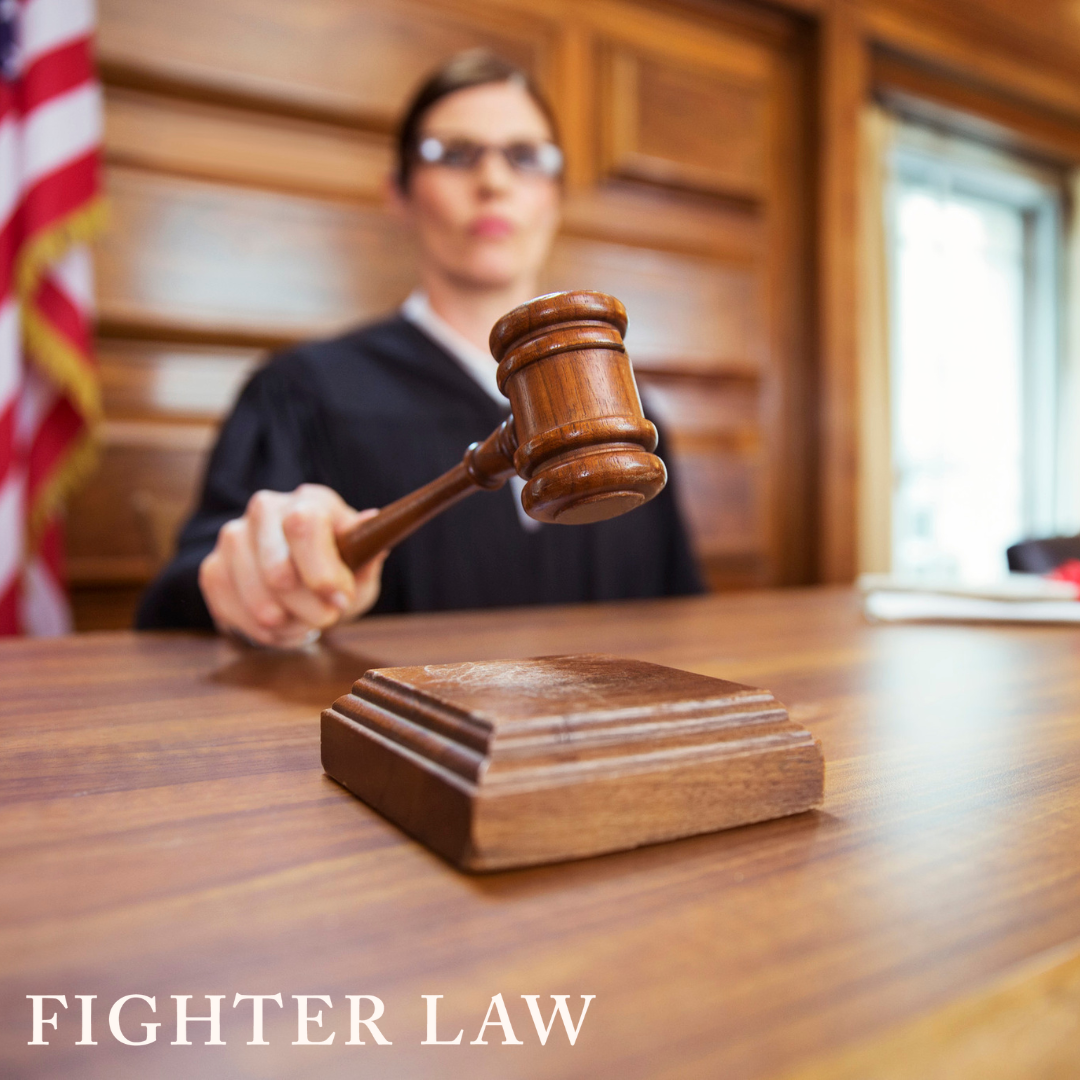
Criminal Child Hearsay in Sex Cases
In the case of Oliver v. State (2024), the key issue involved the admissibility of child hearsay statements from unrecorded interviews. Michael Troy Oliver argued that his due process rights were violated when the trial court admitted the hearsay statements of a child sexual abuse victim, which were obtained during unrecorded interviews with law enforcement officers and a child protection specialist. The Pasco County Sheriff’s Office had a policy against recording these interviews, which Oliver claimed deprived him of a meaningful opportunity to cross-examine the child.
The court, however, upheld the admissibility of the child hearsay, finding that the statements were reliable based on several factors, such as the child’s age, maturity, and the nature of the questioning (non-leading, open-ended). The court also noted that while the interviews were not recorded, there was no evidence of coaching or contamination of the child’s statements, and minor inconsistencies were attributed to the differing questions posed by interviewers rather than a lack of reliability.
The court ruled that the failure to record the interviews did not make the child’s statements unreliable per se. Ultimately, Oliver’s appeal was denied, and the court affirmed the trial’s decisions regarding the admission of hearsay under Florida’s child hearsay exception statute.
This case highlights how Florida courts weigh the reliability of child hearsay even in the absence of recorded interviews, focusing on the circumstances of the questioning and the child’s statements rather than the mere presence of recordings.
Attorney Thomas Fighter “Fighter”
Share:
free case evaluation
Fill out the form below for an free evaluation of your case.
Categories
- Birth Injury
- Boating Accidents
- Car Accidents
- Civil Rights
- Criminal Defense
- Cyberstalking
- Divorce
- Dog Bite Injury
- Domestic Abuse Charges
- Domestic Violence
- Drug Charges
- DUI Charges
- Family Law
- Felonies
- Fighter Law Firm
- Firearms
- Firm News
- Guardianship
- Injunction Removal
- Injunctions
- Marketing
- Personal Injury
- Repeat Violence Injunction
- Restraining Order
- Seal and Expunge
- Sex Crimes
- Slip and Fall
- Stalking Injunction
- Theft and Robbery
- Theme Park Trespasses
- Traffic tickets
- Uncategorized

